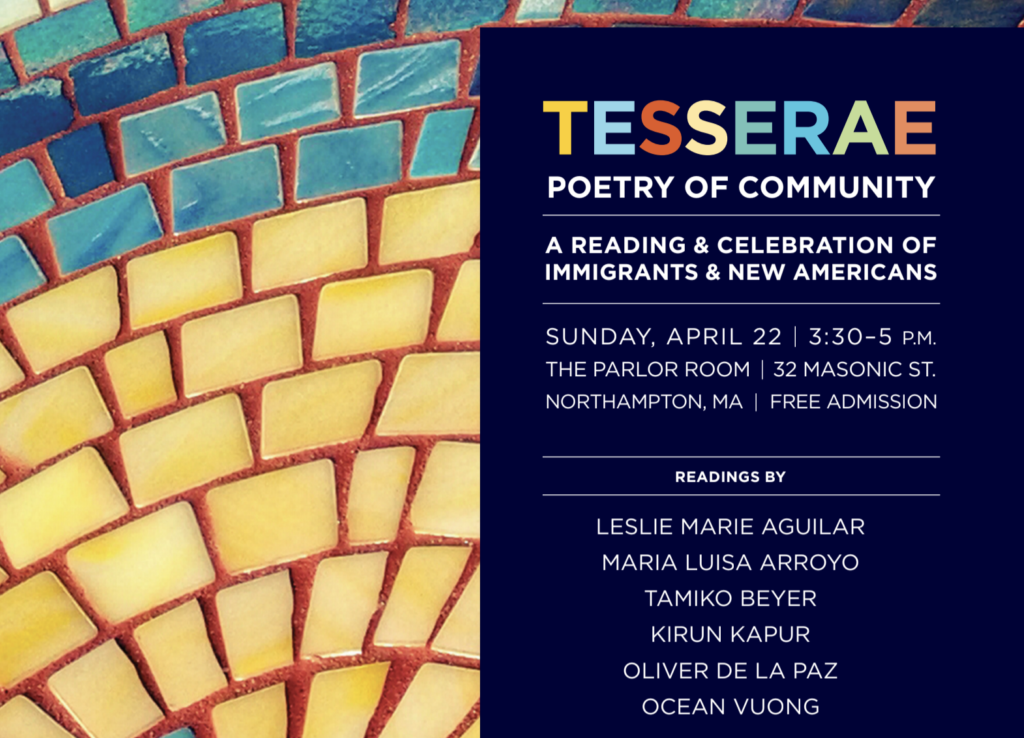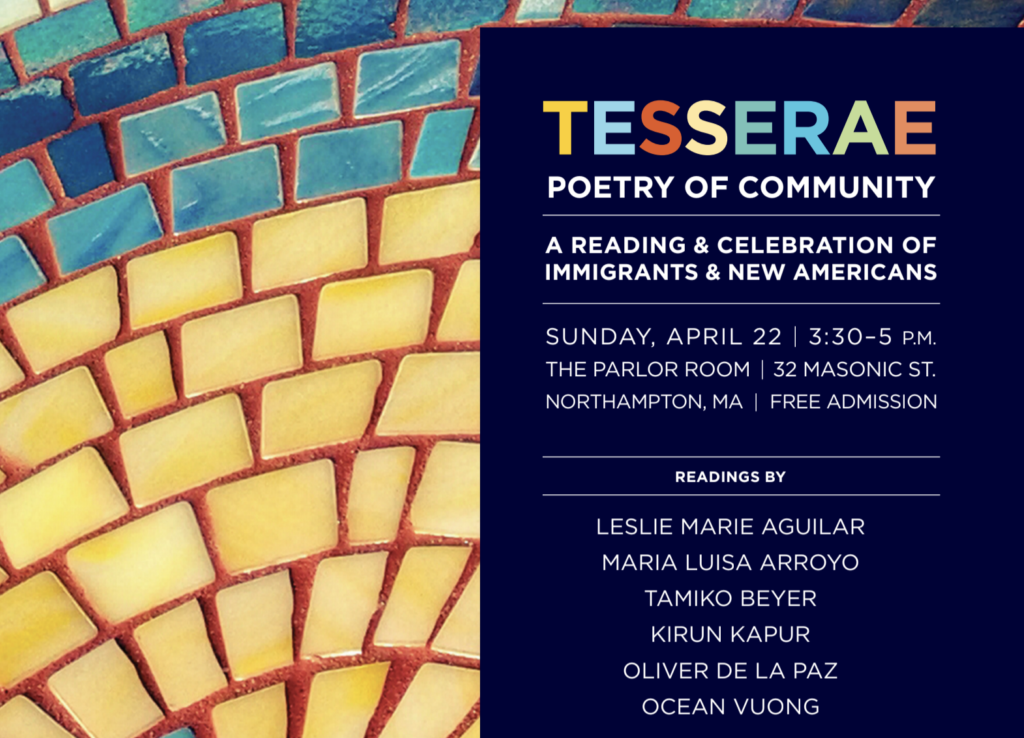By ARAN DONOVAN
wait for me. you have perhaps
been out there and married unsuccessfully
to several ladies. you’ve been maybe
like a feudal lord a little
gluttonous with your helpings, have gulped
By ARAN DONOVAN
wait for me. you have perhaps
been out there and married unsuccessfully
to several ladies. you’ve been maybe
like a feudal lord a little
gluttonous with your helpings, have gulped
By HAIFA’ ABUL-NADI
Translated by ELISABETH JAQUETTE
Coffee
His coffee lasts. It’s what he starts his mornings with, early, and then he drinks half a cup in the mid-afternoon. It keeps him company. Maybe the smell of it fresh is the reason he keeps sipping it, even after it’s gone cold. Or maybe he has other reasons. Maybe he feels a certain duty, a responsibility toward it. His coffee, poured into a paper cup, changes in color, shape, and size each day, depending on the kiosk he buys it from. The man and his coffee spend the whole day together, and then he leaves it on his desk or the first ledge he sees. He abandons it without a last sip, or even a word of farewell. He leaves the paper cup of coffee and returns to his world, trusting that another one will be waiting for him in another kiosk tomorrow, and the day after tomorrow, and the day after that.
By LIZ ARNOLD
Sixteen years ago, my mother found my father behind the shed on a Saturday morning in June. “Get up off the ground in your good shirt,” she told him, before she understood he was dead. “He looked like he was sleeping,” she told us. “The gun glinted in the grass.”
Seven years after my father’s suicide, I opened the envelope containing police photographs of the scene. He did not look like he was sleeping. Limbs: a swastika. Angles inhuman. Violence and velocity rendered in two hundred pounds of a six-foot man. The gun glinted in the grass—she was right about that.
By LINDA ASHOK
While you play with your tresses,
and suckle your diamond with trust,
while you play with the bubbles
in your lime-soda with that straw,
there’s something you are trying
to place and I am missing it.
New work by our contributors TINA CANE and TOM PAINE
WORK by Tina Cane
I can’t stop horses as much as you can’t stop horses,”
“Other Horses,” Michael Klein
What is work but a horse is a beast to be one with the broom I bristle
toil tool and trade work is a poem I made is my children is family a broken
Curated by: SARAH WHELAN
We can’t believe that we’re on the brink of publishing our FIFTEENTH Issue! If you couldn’t make it to our Launch Party, you can still mingle with our Issue 15 contributors in this month’s Friday Reads. When you’re done reading, be sure to purchase your copy of Issue 15 here!
Recommendations: The Argonauts by Maggie Nelson, In Full Velvet by Jenny Johnson, Plainwater: Essays and Poetry by Anne Carson, The Pilgrim Hawk by Glenway Wescott
With TEOLINDA GERSÃO

Your name: Teolinda Gersão
Current city or town: Lisboa (Lisbon)
How long have you lived here: since 1965
Three words to describe the climate: sunny, mild, pleasant
Best time of year to visit? spring and autumn, but you can come any time

Philadelphia, Pennsylvania
It’s a conundrum—where to put the baby in the grime—how to remove him from his blanket and place him on anything in this room. This room is what my husband and I get for $99 a night on Trip Advisor at .2 miles from the Philadelphia airport. The hotel sits in a strangled urban desert—a place bereft of tree, water, flow—a sprawl of light and concrete. This is a hopeless place for trapped people, meant to curb the anxiety about the most unnatural of journeys.
The Common brings you a special two-part series as a preview to Tesserae: Poetry of Community – A Reading & Celebration of Immigrants & New Americans, coming up on Sunday, April 22 3:30–5pm at The Parlor Room in Northampton, MA; free admission. You can view Part One of the series here.
Part Two – featuring poems by Tamiko Beyer, Leslie Marie Aguilar, and Oliver de la Paz.

The Common brings you a special two-part series as a preview to Tesserae: Poetry Of Community – A Reading & Celebration Of Immigrants & New Americans, coming up on Sunday, April 22 3:30–5pm at The Parlor Room in Northampton, MA; free admission.
Part One – featuring poems by Kirun Kapur, María Luisa Arroyo, and Ocean Vuong.
